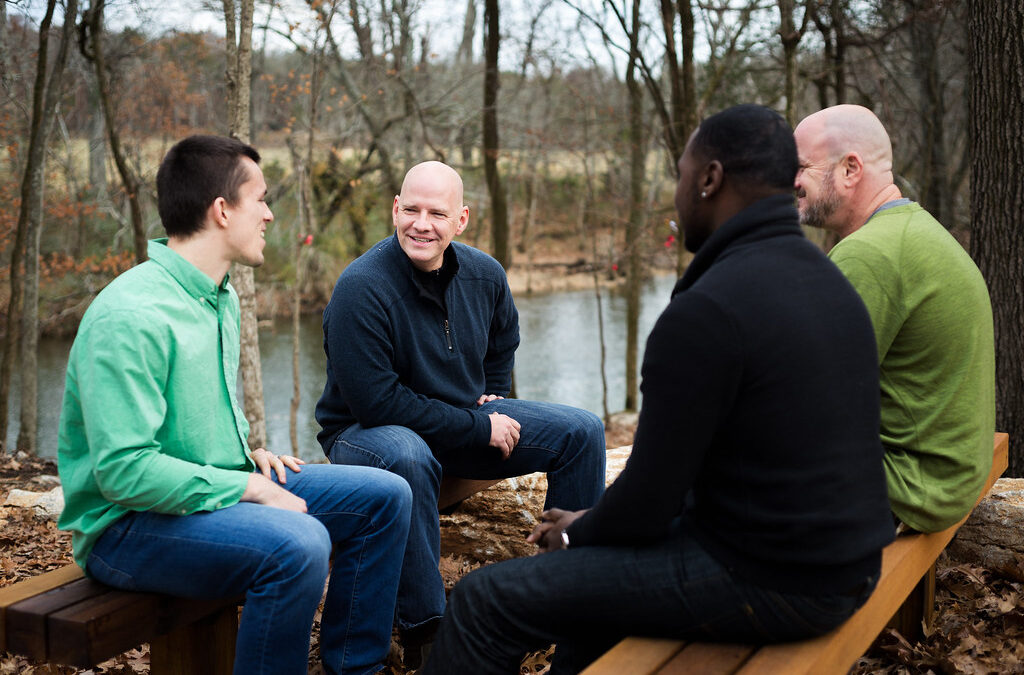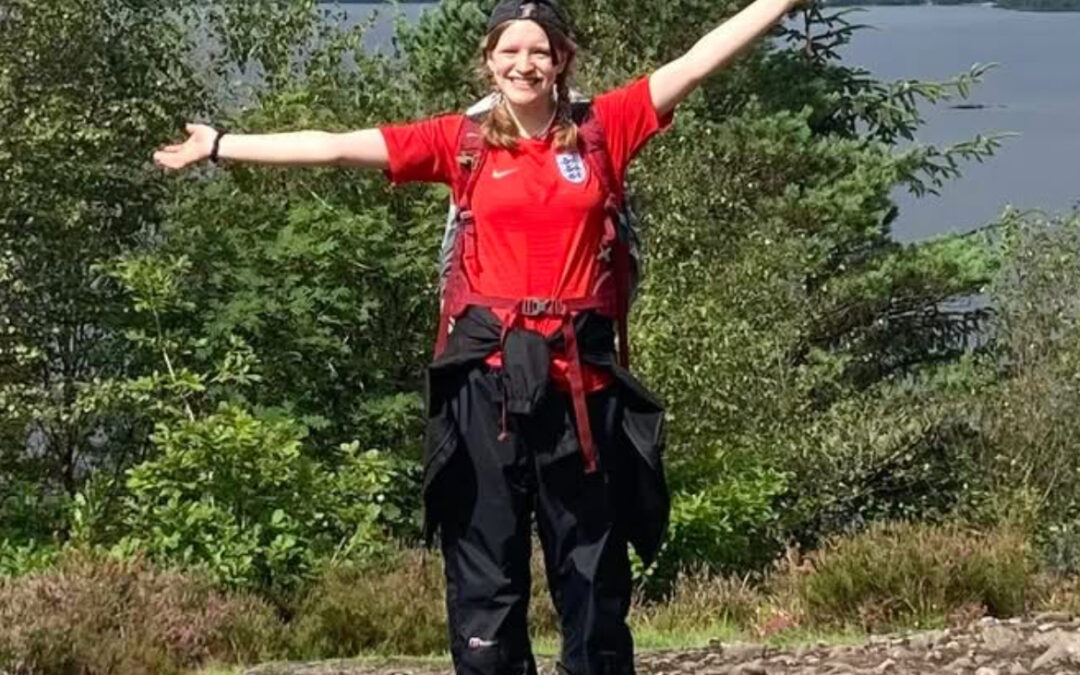Whilst the more conventional forms of therapy, sitting down and talking to a therapist, might work for some, for others, it just isn’t an effective solution. And when talking about it doesn’t help, art therapy is a light in the dark.
According to Mind, one in four people will suffer from a mental health problem in the UK. And only one in three are getting treatment or help. But art therapy is opening up a new way to open up, and encouraging more people to seek help.
Art therapy officially became a discipline in 1940, with the UK becoming the first country to recognise it as a profession.
It involves a myriad of different media, from painting to sculpting, singing to dancing.
It provides a creative outlet for those who need it and reduces their suffering.
The process involves describing a goal to the patient and helping them choose a medium to work with.
Then guiding them through expressing themselves by asking questions, finishing the session by discussing the results.
There are organised groups that offer support, but art therapy can be as simple as doodling.
See this story about how free reggae music initiatives are bringing communities closer together.
SAGE is a small volunteering gardening group offering creative therapy and long-term support for those struggling with their mental health.
SAGE director, Sheila Manclark tells Optimist: “Art therapy provides a long-term solution to help people live a better life.
“People who have experienced mental health problems for years aren’t going to get better overnight, but it works wonders in small ways.”
The charity set up the group ‘Plot 66’ which provides a space for people to garden.
A recent event held was, ‘Stone Soup’, based on a folk tale where a traveller encourages villagers to contribute one thing to his pot, resulting in a delicious soup.
“Everyone joined in, talking about how the journey reflects the group, and the involvement they had. Whether it was through the artistic element or the practical side of gardening and cooking,” Mrs Manclark tells Optimist.
The event was held in Sheffield involving a number of local artists providing music, ceramics, painting, gardening and cooking opportunities for the members.
Mrs Manclark explains to Optimist: “In the art and creative groups, people get the chance to make and build relationships with each other.
“One lady who had been coming to us for years really struggled with day to day life. We helped her through her ups and downs over the years and witnessed her transition. She really thrived in the art groups.
“She found her creative passion in the women’s singing group, Singing Through the Seasons, and inspired her to set up her own group.”
Whilst art therapy didn’t heal her, SAGE gave her the confidence to branch out and motivated her to help others.
Mrs Manclark shares that the lady in question told her: “It’s taken me six years in SAGE to get to a point where I feel like I can contribute.
“I feel so proud of myself and grateful for the opportunity given to me to do so.”
Mental health is classed as a serious public health concern. The World Health Organisation says mental and behavioural problems are responsible for 12% of the global disease burden.
However, different forms of therapy, such as art, are encouraging more people to open up and seek help.
The prospect of looking someone in the eye and revealing the bare truths of your struggles is a daunting prospect to many.
Art offers a less intense and more individual-led approach.
The freedom to choose what medium to express yourself with, and exploring difficult thoughts and emotions in your own way is changing the way therapy is portrayed. Therefore, attracting more people.
Mrs Manclark finishes with: “Art therapy can be a fun and positive experience alongside improving your mental health.
If our group can help just one person get through another day, then I consider it to be a success.”
If you are struggling with your mental health, there is always help available.
Call or email SAGE Sheffield to join the waiting list for their support groups
enquiries@sagesheffield.org.uk
0114 698 0027
Or if you need immediate help you can contact the Samaritans 24/7 at:
116 123



